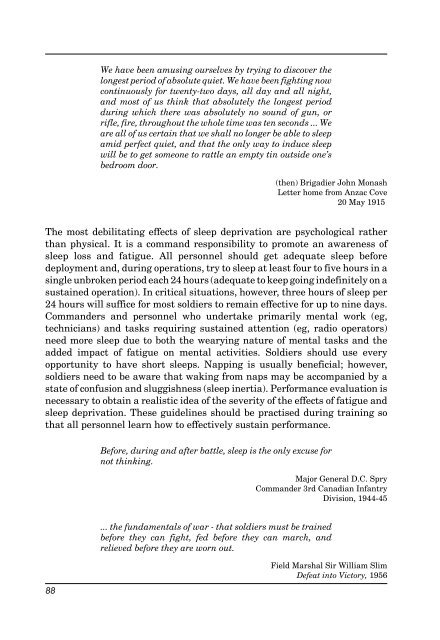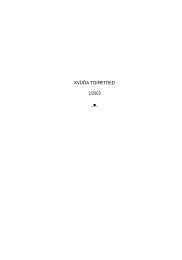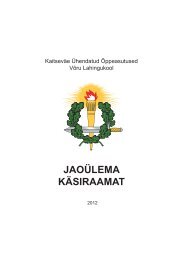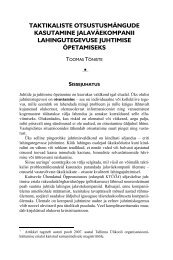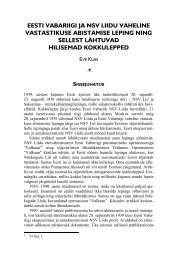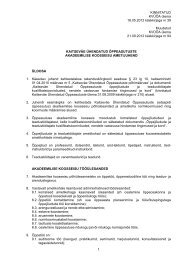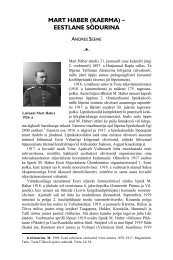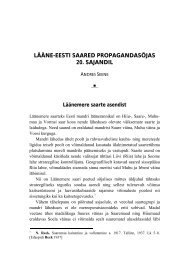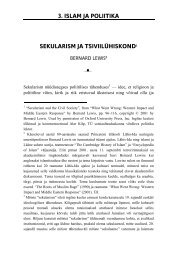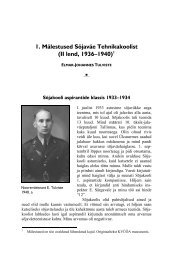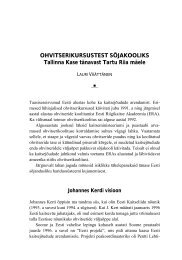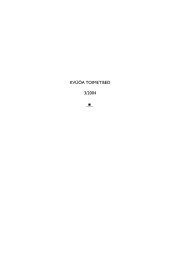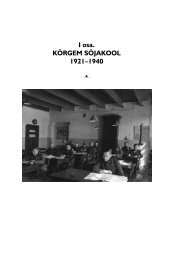Fatigue Management
Fatigue Management
Fatigue Management
Create successful ePaper yourself
Turn your PDF publications into a flip-book with our unique Google optimized e-Paper software.
We have been amusing ourselves by trying to discover the<br />
longest period of absolute quiet. We have been fighting now<br />
continuously for twenty-two days, all day and all night,<br />
and most of us think that absolutely the longest period<br />
during which there was absolutely no sound of gun, or<br />
rifle, fire, throughout the whole time was ten seconds ... We<br />
are all of us certain that we shall no longer be able to sleep<br />
amid perfect quiet, and that the only way to induce sleep<br />
will be to get someone to rattle an empty tin outside one's<br />
bedroom door.<br />
(then) Brigadier John Monash<br />
Letter home from Anzac Cove<br />
20 May 1915<br />
The most debilitating effects of sleep deprivation are psychological rather<br />
than physical. It is a command responsibility to promote an awareness of<br />
sleep loss and fatigue. All personnel should get adequate sleep before<br />
deployment and, during operations, try to sleep at least four to five hours in a<br />
single unbroken period each 24 hours (adequate to keep going indefinitely on a<br />
sustained operation). In critical situations, however, three hours of sleep per<br />
24 hours will suffice for most soldiers to remain effective for up to nine days.<br />
Commanders and personnel who undertake primarily mental work (eg,<br />
technicians) and tasks requiring sustained attention (eg, radio operators)<br />
need more sleep due to both the wearying nature of mental tasks and the<br />
added impact of fatigue on mental activities. Soldiers should use every<br />
opportunity to have short sleeps. Napping is usually beneficial; however,<br />
soldiers need to be aware that waking from naps may be accompanied by a<br />
state of confusion and sluggishness (sleep inertia). Performance evaluation is<br />
necessary to obtain a realistic idea of the severity of the effects of fatigue and<br />
sleep deprivation. These guidelines should be practised during training so<br />
that all personnel learn how to effectively sustain performance.<br />
Before, during and after battle, sleep is the only excuse for<br />
not thinking.<br />
Major General D.C. Spry<br />
Commander 3rd Canadian Infantry<br />
Division, 1944-45<br />
... the fundamentals of war - that soldiers must be trained<br />
before they can fight, fed before they can march, and<br />
relieved before they are worn out.<br />
88<br />
Field Marshal Sir William Slim<br />
Defeat into Victory, 1956


